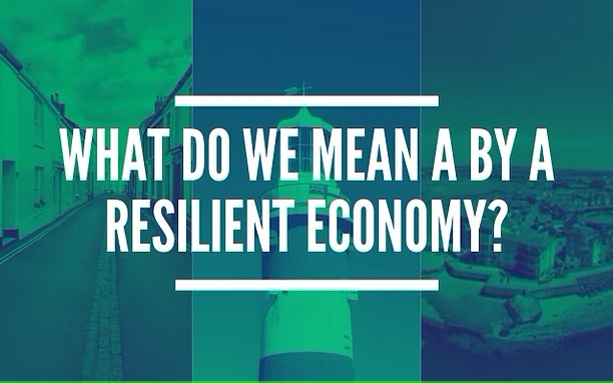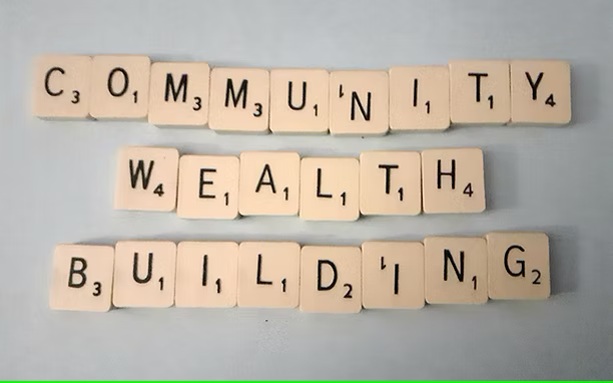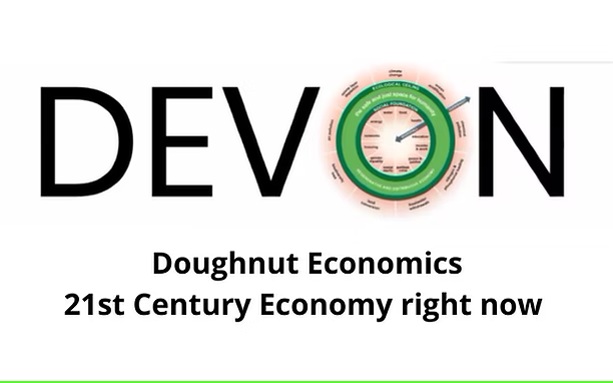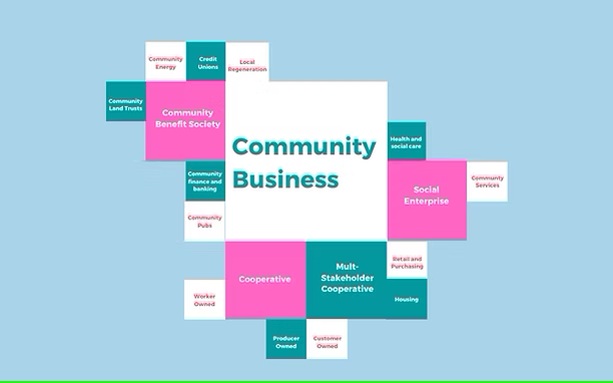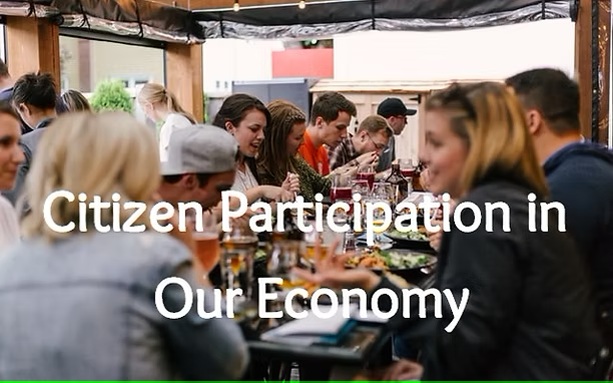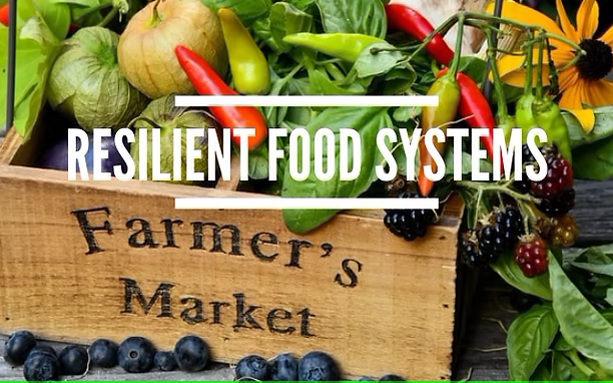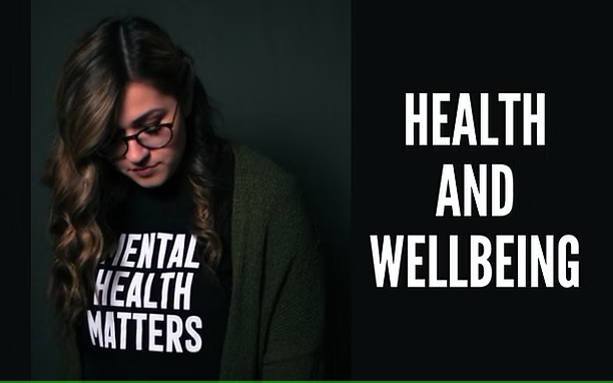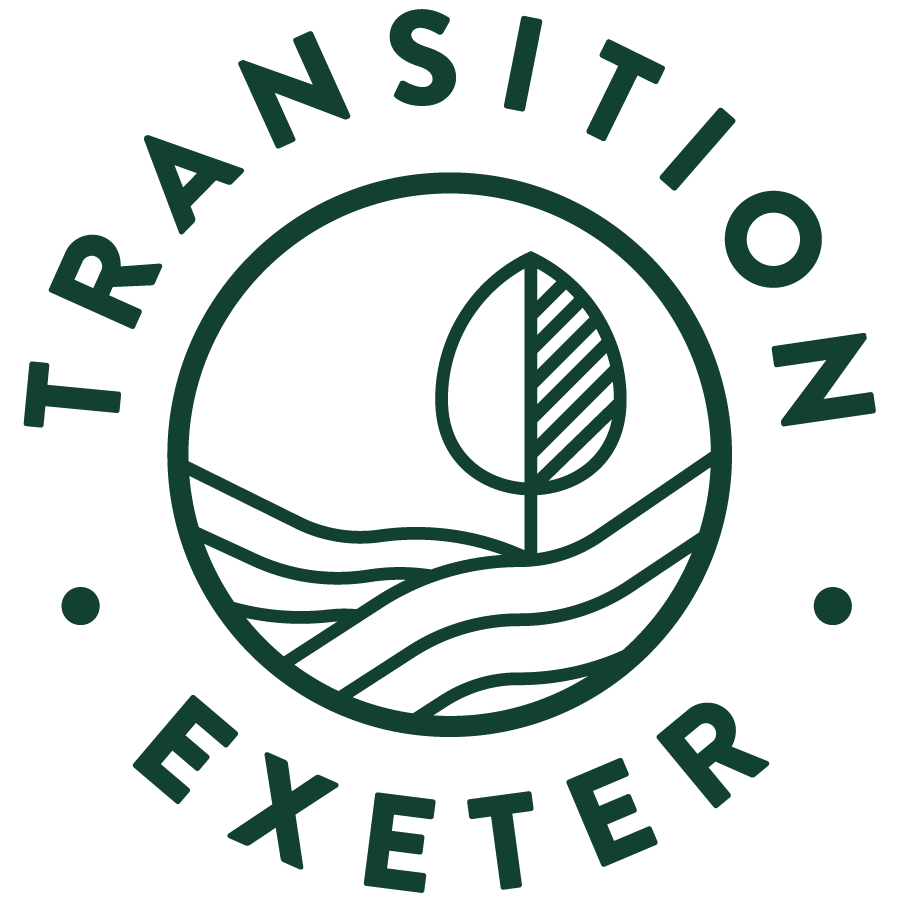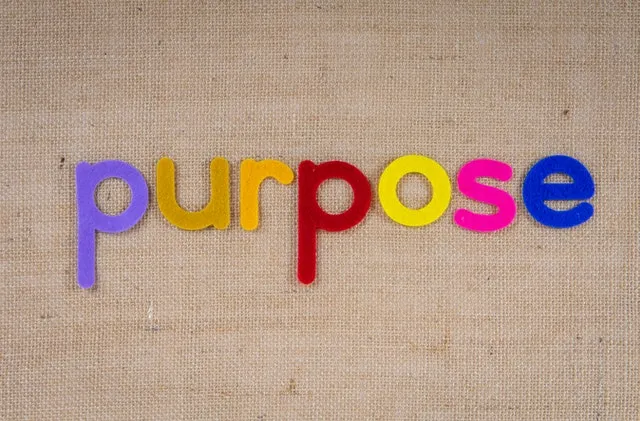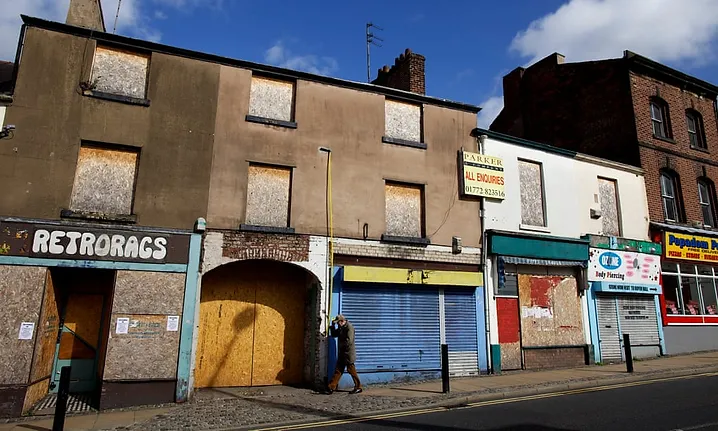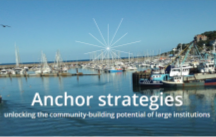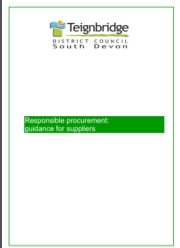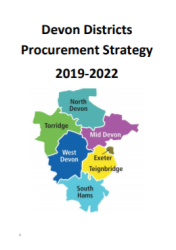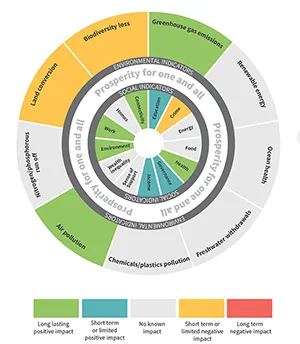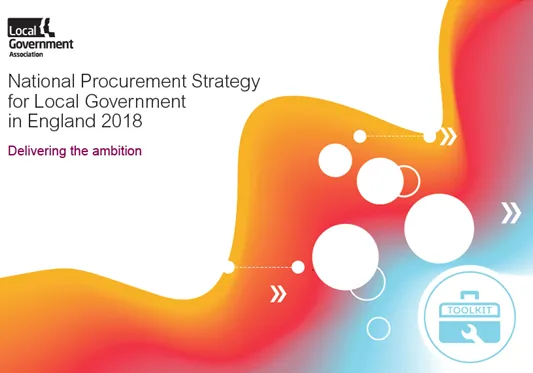Community wealth building is a resilient people-centred approach to local economic development, which redirects wealth back into the local economy, and places control and benefits into the hands of local people. Increasingly the community wealth building model is being utilised as an opportunity to meet our climate and environmental goals, bringing the needs of the community in line with the needs of our environment to build a new regenerative economy.
The range of resources below offer learning and concrete examples towards implementing community wealth building strategies where you are. Because community business and citizen participation in our economy are important pieces to the puzzle of how to building prosperity in our places, they are included in this knowledge hub alongside resources relating to the highly acclaimed doughnut economics model, providing a toolbox for anyone wanting to build community wealth.
To find out more about social and environmental value in procurement and beyond read New Prosperity Devon’s conversation starter report, in which they explore how community wealth building might be used in the Devon context. Insights from the report will be useful to council officers, procurement staff, community wealth building practitioners and interested citizens beyond Devon.
The five community wealth building principles that underpin the UK context are:
- Plural ownership of the economy
- Making financial power work for local places
- Fair employment and just labour markets
- Progressive procurement of goods and services
- Socially productive use of land and property
Video (3 min)
Short film by Hazel Sheffield about ‘The Preston Model’. Features interviews with Mathew Brown from Preston City Council and Ted Howard from the ‘Democracy Collaborative’.
Video (2 min)
Why we need community wealth building and five ways to do it from CLES
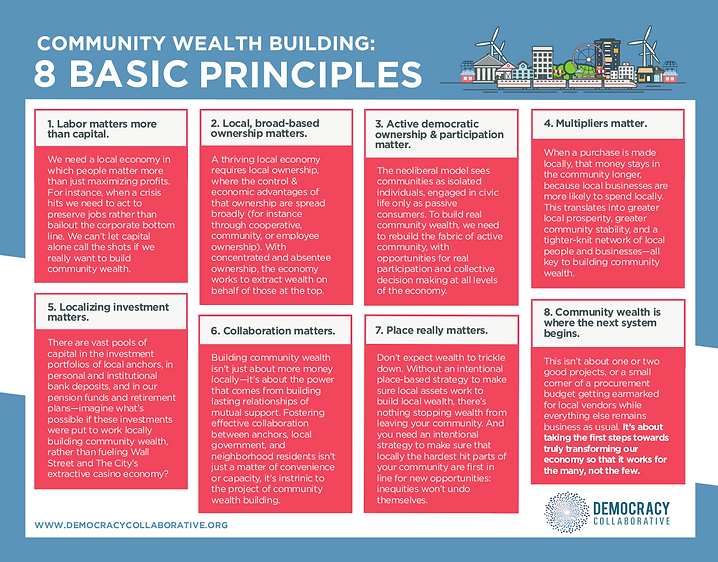
Eight Basic Principles of Community Wealth Building
Based on Ted Howard’s remarks to the Alternative Models of Ownership conference, The Democracy Collaborative in US, the initiators of the ‘Community Wealth Building’ concept, have distilled the eight basic principles behind community wealth building—a transformative approach to local economic development—into this handy one page guide.

Article by Jules Peck
Building community wealth in the banking sector. The author of this article, Jules Peck, is Founding Director of Avon Mutual, Founder of theReal Economy Lab, a Research Fellow on the future of the economy at the Democracy Collaborative’s Next System Project, a Board member of New Economics Foundation, an Advisor to The B Team,a Director of Bristol-based Happy City and a Fellow of the RSA.
Video (9 mins)
SW Mutual director and economist Tony Greenham answers:
1) What could the Bank of England and Treasury do to make it easier for organisations like South West Mutual to set up a regional bank? (Inspired by the recent Tragedy of Growth report from Positive Money.)
2) How does ethical finance differ on a local scale to a national or global scale?
3) With cash reportedly falling out of popularity, how might this impact rural economies, and what can we do to either adapt to or mitigate this impact?
Video (15 min)
What’s happening in Preston in 15 minutes

Torbay Wealth Building Programme
Ambitious recovery plan to drive wealth building in Torbay.
The Wealth Building Programme works towards encouraging Torbay’s larger companies and anchor institutions to invest more in the local economy. This will build on the community cohesion evident during lockdown and amplify the Keep It Local initiative.
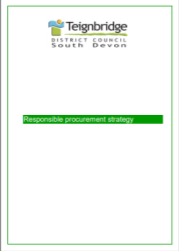
Teignbridge DC Responsible Procurement Strategy
Working with the other district, borough and city councils of Devon, Teignbridge District Council have introduced a Devon districts procurement strategy, which sets out their joint approach to the four key themes of:
- making savings/ addressing financial pressures
- supporting local economies
- leadership
- modernising procurement
In addition, everything in this strategy will focus on the overall outcome of greater collaboration.

Community Right to Challenge
The Right to Challenge empowers community organisations, charities or Town/Parish Councils to bid to run council services, where they believe they can run them better.
Find out more from Teignbridge District Council about community right to challenge and a link to government guidence on how it works
Video presentation (25 mins)
Presentation by Julian Manley who outlines how a cooperative city benefits by focus on the spend of anchor institutions and promoting local enterprises.
Julian worked with Cllr Matthew Brown, Leader of Preston City Council, and other stakeholders since 2012 in developing the ‘Preston Model’. He describes how Preston is going local / regenerating by keeping wealth created in the city.
An event by Transition Edinburgh and the Scottish Communities Climate Action Network
Video (1 min)
New local, customer owned banking
Video (15 mins)
The Cleveland Model & Employee Ownership. This session explores a two-pronged approach to increasing Employee Ownership by outlining economic development strategies rooted in anchor partnerships, how we can use impact investing to acquire small and medium sized companies, convert them to employee-owned and then support them in Cleveland’s Evergreen network. We’ll also explore how to create policy frameworks that encourage public and private sector spending with employee-owned companies.
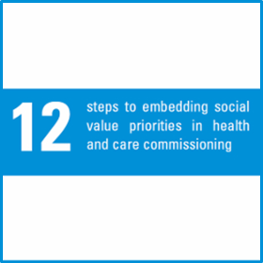
12 Steps to Embedding Social Value Priorities in Health and Care Commissioning
Social Enterprise UK have put together a 12 step approach for commissioners looking to make the most of social value in health and care commissioning.
The 12 Steps expand build on the findings of the Health and Social Value Programme – a three-year programme bringing together local CCGs, local authorities, Health and Wellbeing Boards and VCSE organisations in 12 areas across England.
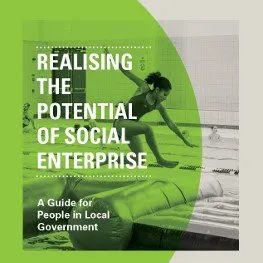
Guide Realising the Potential of Social Enterprise
This Social Enterprise UK guide is for people working in local authorities who are interested in social enterprise: council leaders, senior managers, directors of services, commissioners, heads of procurement, or those with responsibility for economic development.
It explains what social enterprise is, how social enterprises can help meet a local authority’s strategic objectives, and gives practical advice on how local authorities can best work with them.
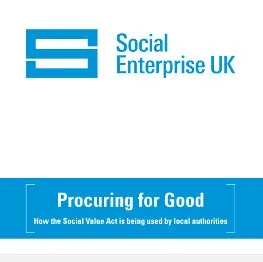
Procuring for Good PowerPoint from SEUK
In Procuring for Good, findings from Freedom of Information requests sent to all local authorities in England show that more councils than ever are considering social value when commissioning services: 1 in 3 (33%) now routinely consider social value in their procurement and commissioning, and 1 in 4 (24%) have a social value policy.
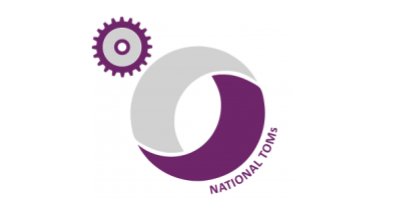
Themes, Outcomes and Measures (TOMs) framework
The National TOMS Framework has been designed to help organisations in four principal business
activities. They are not exclusive to public sector organisations and may be used by public, private or third sector providers. They include:
- Measurement and Valuation.
- Procurement and Bid Management.
- Bid Submissions.
- Contract Management.
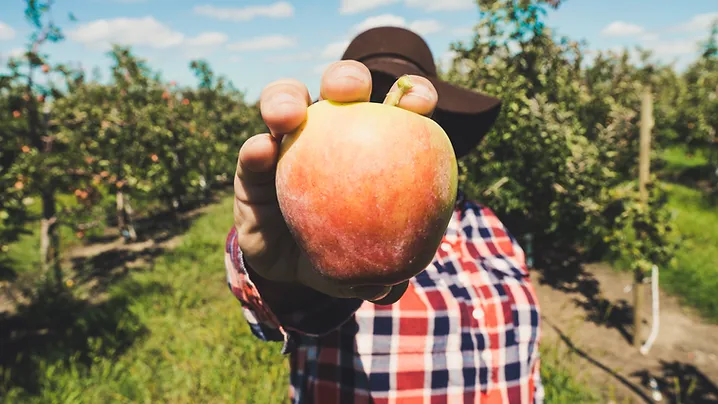
Our Future – Food Framework
This framework from the ‘Dynamic Food Procurement National Advisory Board’ will address government policy in the following areas:
- improve food security
- improve transparency of provenance and accountability within food supply chains
- improve performance on energy, waste, social and environmental factors of food production
- reduce diet related disease burden
- boost regional economies in every region of the UK
- improve value and reduce cost for public purse
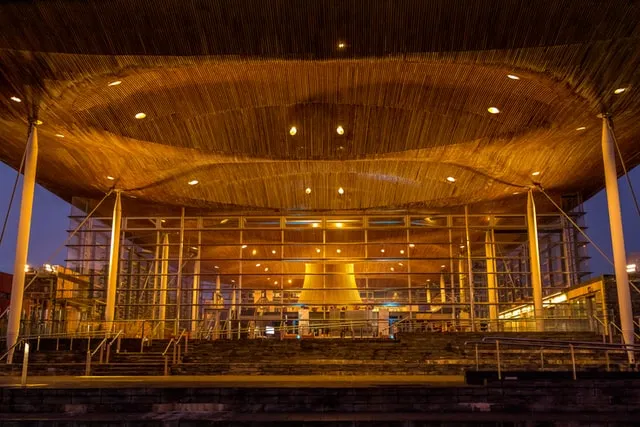
Wellbeing Economy Governments
The Wellbeing Economy Governments partnership (WEGo) is a collaboration of national and regional governments promoting sharing of expertise and transferrable policy practices.
The aims are to deepen their understanding and advance their shared ambition of building wellbeing economies. WEGo, which currently comprises Scotland, New Zealand, Iceland, and Wales, is founded on the recognition that ‘development’ in the 21st century entails delivering human and ecological wellbeing.
Knowledge Hub
There is much more to discover in the Knowledge Hub.
